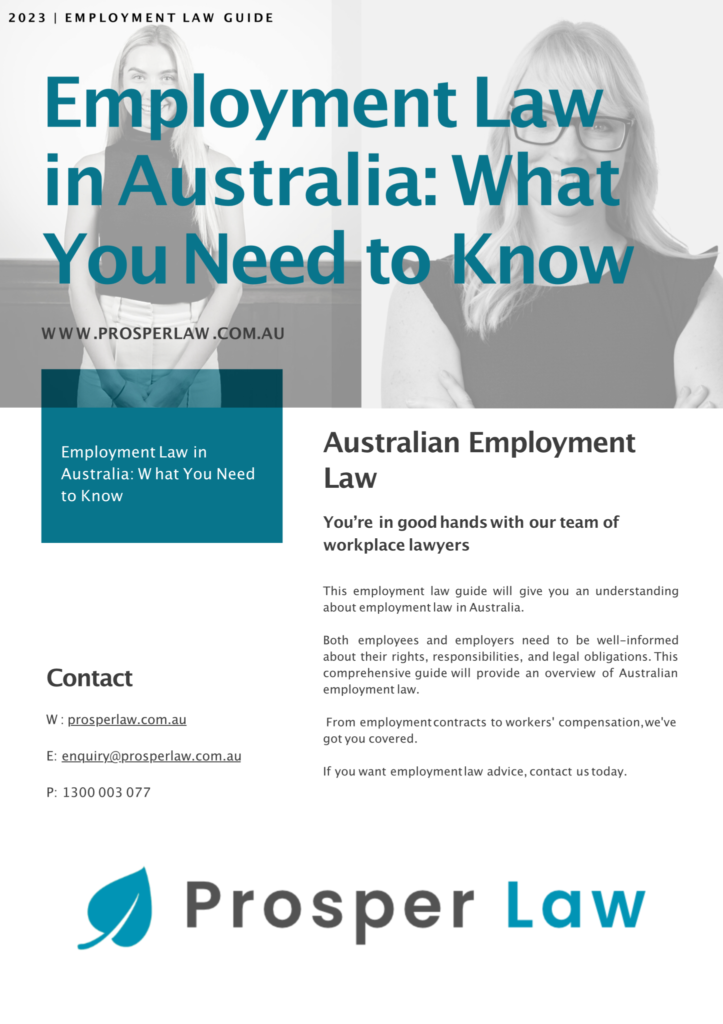It’s a common frustration for employers – after a long recruitment process, the ideal candidate accepts the role, signs the contract – then changes their mind. They may have found a better offer, decided the job isn’t right, or simply backed out without explanation.
For HR and business leaders, this raises real challenges. This article, by our employer lawyers, explains what the legal implications are when a new hire withdraws after signing, whether employers recover costs or enforce the contract and how businesses can prevent it happening again.
Key Takeaways
Once signed, an employment contract is legally binding, even if the employment hasn’t started.
If a candidate withdraws, it may amount to breach of contract.
Legal remedies are usually limited to actual losses such as recruitment costs.
Employers can minimise risk through careful contract drafting and recruitment processes.
Seeking legal advice early can help employers respond in a practical and commercially sensible way.
Is a Signed Employment Contract Legally Binding?
Yes. An employment contract becomes binding as soon as there is an offer, acceptance, consideration (usually salary), and intention to create legal relations. When a candidate signs and returns a contract, those elements are typically satisfied.
The employment relationship itself might not begin until the start date, but the contractual obligations already exist. That means if a candidate decides not to commence work, they may be in breach of contract.
The same applies in reverse: if an employer withdraws after acceptance, they could also face liability.
To ensure compliance from the very start, refer to our legal checklist on How to Hire an Employee Legally – it covers everything from right-to-work checks to compliant contracts and payroll procedures.
What Happens If a Candidate Changes Their Mind?
When a candidate withdraws after signing:
Breach of contract: Walking away from a signed contract is technically unlawful.
Employer damages: Employers may be able to recover tangible costs such as recruitment fees, job advertising expenses, and sometimes short-term losses from unfilled roles. However, courts rarely award damages for inconvenience, wasted time, or stress.
Practical realities: Pursuing legal action against a candidate is often not commercially viable. Most employers instead focus on damage control – restarting recruitment, reallocating resources, or relying on contractors to fill gaps.
It’s critical to understand the distinction between preliminary hiring documents and binding agreements – see our breakdown on the Difference Between an Offer Letter and an Employment Contract in Australia.
The Practical Realities for Employers
While the law says a signed employment contract is binding, the reality is often different in practice.
Employers need to balance the legal position with what is commercially sensible, including:
Cost vs. outcome: Suing a candidate for breach of contract can cost more in legal fees than the damages you might recover. Most employers decide it isn’t worth pursuing.
Reputation management: Taking legal action against a candidate may harm the company’s reputation in the job market. Future candidates may be deterred.
Focus on moving forward: The more practical option is usually to re-advertise, tap into a candidate pipeline, or engage contractors to cover the shortfall.
Deterrence is key: Employers can use strong contracts (e.g. notice clauses before commencement) to discourage candidates from walking away, rather than relying on courts later.
Case law gap: There’s little Australian case law directly on candidates backing out before starting. This means disputes are often resolved commercially, rather than through litigation.
Employer Takeaway: While legal remedies exist, most employers focus on prevention and damage control rather than enforcement. Contracts, recruitment processes, and proactive planning are your best protection.

Checklist for Employers
- Only issue formal contracts once a candidate has confirmed acceptance.
- Add a pre-employment notice clause, requiring written notice even before starting work.
- Include a probationary period to provide flexibility in the early months.
- Track recruitment costs and time, which may be claimable as damages.
- Build a talent pipeline to reduce reliance on a single candidate.
- Seek employment law advice if considering enforcing a contract or pursuing damages.
Frequently Asked Questions (FAQs)
Can an employer sue a candidate who backs out after signing?
Yes, but remedies are usually limited to actual losses such as agency fees or advertising costs. Courts rarely award more. Litigation can also be time-consuming and expensive.
Prosper Law can help employers weigh up whether pursuing damages is worthwhile.
For startups and businesses engaging senior marketing leaders, it’s especially important to get the terms right – check out our focused guidance on Getting Employment Contracts Right for Fractional CMOs.
Is a contract binding before the start date?
Absolutely. Signing creates a binding agreement, even if work hasn’t started. Clauses such as notice before commencement can make obligations clearer. Our team can review your contracts to ensure they protect your business.
What if an employer withdraws after acceptance?
Employers may also be liable for breach. The candidate could claim notice pay or other damages.
Can an employer force a candidate to work?
No. Courts won’t compel a person to work against their will. The practical remedy is damages for breach. We help employers negotiate exits or enforce contractual obligations where appropriate.
How can employers prevent this problem?
Stronger contracts, probationary clauses, and clearer recruitment processes are key.
Candidates who accept roles and then change their minds can cause significant disruption for businesses. While the law provides some protection through breach of contract claims, the practical remedies are often limited.
The most effective approach for employers is prevention – through well-drafted contracts, strong recruitment processes, and legal strategies that anticipate these scenarios.
If you’re working with external recruiters, don’t overlook your compliance obligations, our guide on Legal Compliance for Australian Talent Agencies explains key duties and contract essentials for agency arrangements.



